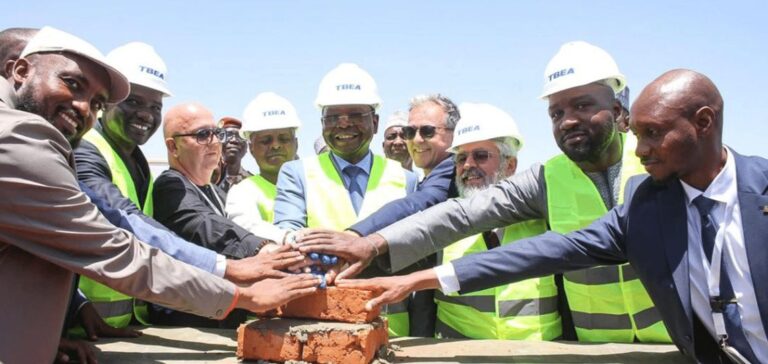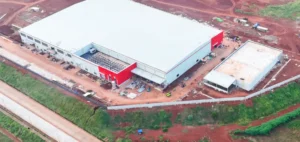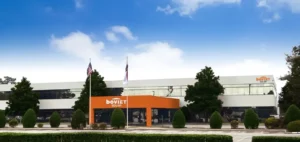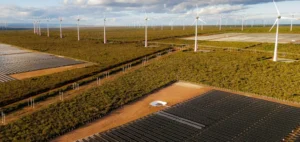Independent developer Qair has started building two hybrid solar power plants with storage in N’Djamena, the capital of Chad, where power outages remain frequent. The project, officially launched on May 16, forms part of a broader strategy to improve electricity access in a country where electrification rates remain among the lowest on the continent.
Two sites delivering a total of 30 MWp
The plants are located at Gassi-Bagoum and Lamadji-Achawail. Each plant will deliver a capacity of 15 megawatt-peak (MWp), supported by a battery storage system of 4 MW/4 MWh. Combined, they are expected to generate 65 gigawatt-hours (GWh) of electricity annually, sufficient to meet the needs of approximately 260,000 people, according to the developer.
Nearly 48,500 high-efficiency photovoltaic panels with solar tracking systems will be installed across both sites. The infrastructure will include a blackstart capability, enabling the system to restart independently from the grid in case of a general outage.
A 20-year BOOT model with state transfer
The project is being developed under a 20-year BOOT (Build, Own, Operate, Transfer) contract. At the end of this period, the facilities will be transferred to the Chadian state for a symbolic fee. The group states that this model aims to strengthen the country’s national energy production and management capacity.
The launch ceremony was attended by national authorities, representatives from the Société nationale d’électricité du Tchad (SNE), the African Development Bank, Proparco, and members of the local communities impacted by the project.
Qair strengthens its presence in Africa
This development in Chad adds to Qair’s recent advancements in North Africa, where the company has secured permits for two projects in Morocco and expanded its presence in Tunisia. With a 2-gigawatt (GW) project portfolio across the continent, Qair focuses on hybrid technologies tailored to local needs and a long-term territorial anchoring model.
In 2023, according to the World Bank, only 12% of Chad’s population had access to electricity, a figure falling below 50% in urban areas. In 2022, petroleum products accounted for 98% of national electricity production, according to the International Energy Agency (IEA). The adoption of hybrid systems with storage reflects a push for diversified and secure supply.
Marc Galinier, Director for Sub-Saharan Africa at Qair, acknowledged the involvement of local authorities, stating: “This partnership shows that when the public and private sectors join forces, extraordinary achievements are possible.”






















